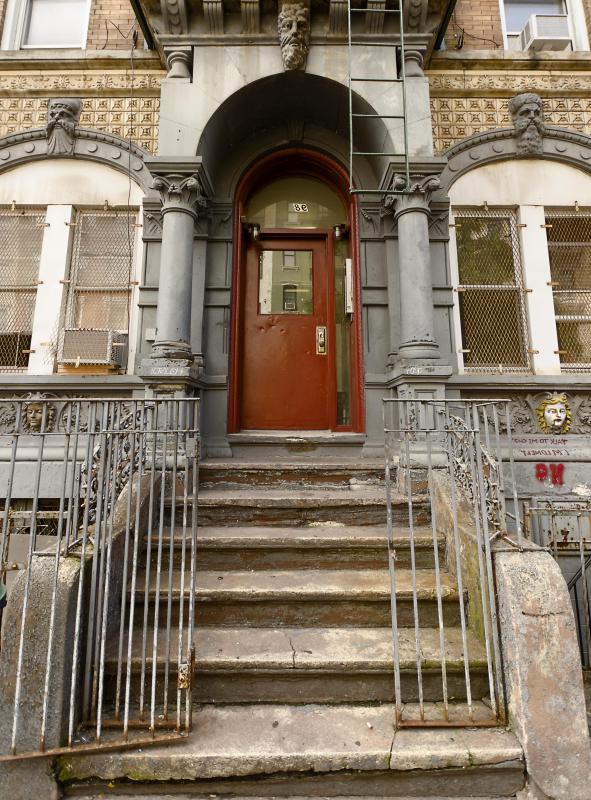At WiseGEEK, we're committed to delivering accurate, trustworthy information. Our expert-authored content is rigorously fact-checked and sourced from credible authorities. Discover how we uphold the highest standards in providing you with reliable knowledge.
What are the Different Types of off Campus Housing?
The different types of off campus housing are college apartments, university-owned homes, and privately owned apartments and homes. Universities generally own a specific number of apartments and homes located near campus for which students must apply in advance. Other types of off campus housing are unaffiliated with universities and must be independently sought out by students. Many university student housing services make listings available to students for both college- and privately-owned housing.
One common type of off campus housing is university-owned apartment buildings that are usually located within a short distance from campus. These housing options are generally available to students by application and, in more populated campuses, waiting lists may apply. University-owned apartment buildings are advantageous for students because of their proximity to the school and, in some cases, lower costs. The rent usually covers utility fees, such as water and power, whereas students are typically responsible for ordering and paying extra for other services, such as phone and Internet access. Such living arrangements may have access to the campus cafeteria if they are close enough to the school.

Other types of off campus housing include university-owned homes that accommodate large numbers of students. These living arrangements may be available on an exclusive basis to members of a sorority, fraternity, or athletic team. Similar to off-campus apartments, payments made to the college for living in these homes generally cover basic utilities and lawn maintenance. Students might share grocery expenses or, if the homes are located close enough to campus, they may eat meals on campus.

On highly populated campuses, students may not have access to college-owned off campus housing and may choose to live in privately owned apartments. Owners of apartment buildings located close to campus often place listings of vacancies with the university’s housing office. Students can find suitable housing by checking these listings and also by looking for ads in local newspapers and online housing websites. This type of living arrangement generally requires signing a lease, paying a rental deposit, and contacting private companies to connect all utilities. Students who live in privately-owned housing typically shop for their own groceries and/or eat out.

Off campus housing options also include renting a room in a private home. Some homeowners who live near university campuses offer rooms to students in exchange for rent, babysitting, and/or housecleaning. Utilities are typically covered in this scenario. The room and board payment may cover food in some cases, whereas other families might expect students to buy their own groceries and cook their own meals.
AS FEATURED ON:
AS FEATURED ON:














Discuss this Article
Post your comments